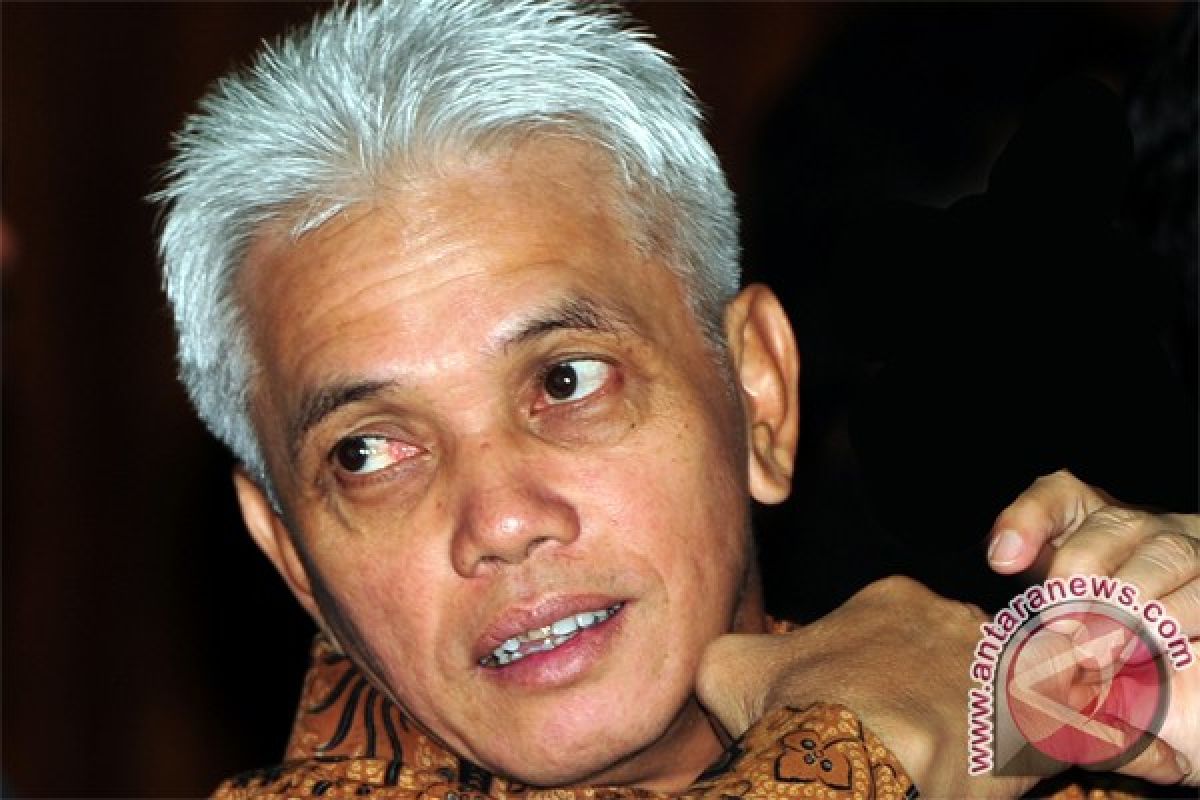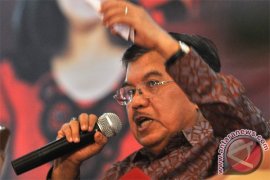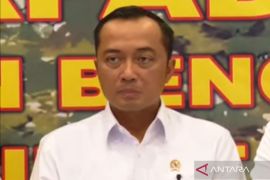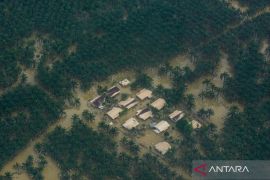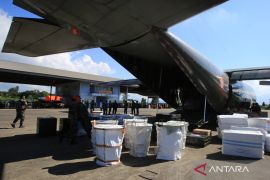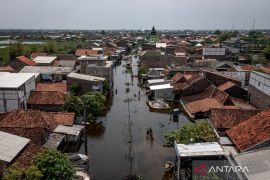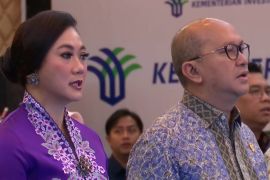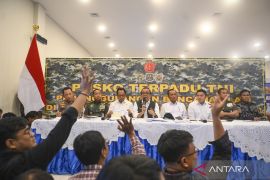"With the ICP [Indonesian crude price] at US$119 per barrel and the [fuel consumption] volume increased to 42 million kilolitres, the current fuel subsidy of Rp137. 5 billion will increase to Rp234.2 trillion," said Hatta Rajasa.Jakarta (ANTARA News) - Indonesian fuel oil subsidies can swell up to Rp234.2 trillion if fuel price stays at US$119 per barrel and consumption reached 42 million kilolitres, according to a minister.
"With the ICP [Indonesian crude price] at US$119 per barrel and the [fuel consumption] volume increased to 42 million kilolitres, the current fuel subsidy of Rp137. 5 billion will increase to Rp234.2 trillion," said Hatta Rajasa, the Indonesian Economic Coordinating Minister, here on Friday.
He added that the electricity subsidy will also increase in the revised 2012 State Budget, from Rp65 trillion to Rp75 trillion.
Therefore, the government has decided to implement the five subsidized fuel control programmes in order to maintain the budget deficit in the range of 2.23 percent.
Such a policy is necessary because there is a discrepancy between the earlier assumptions of the state budget and the current situation, especially after the cancellation of subsidized fuel price increase by Rp1,500 per litre.
"The state budget was designed considering the Rp1,500 price increase per litre scenario, which related to all government expenditure and revenue. In practice, we did not raise the fuel price, therefore, a number of measures must be taken," Hatta said.
One of the measures taken by the government is with respect to compressed natural gas (CNG) conversion, because it would be useful in the long run.
The other measure involves prohibiting government vehicles from using subsidised fuel and their switching to higher octane fuel.
"Besides, the restrictions on consumption of subsidised fuel or diesel oil will also be applicable to all mining companies' vehicles" he added.
State`s Electricity Company, PT PLN, has also been asked to not build any more fuel-fired power plants and focus instead on building alternative energy plants such as coal-based or hydropower plants.
"PT PLN is banned from building another fuel-fired power plant, which can increase the burden on fuel consumption quota, and it has been encouraged to seek other alternatives such as hydro- and micro-hydropower and geothermal energy," Hatta said.
Lastly, all government offices and state enterprises are expected to cut down on their use of electricity and water, under supervision of their ministry`s inspectorate.
"We succeeded doing this in 2008 by reducing the use of electricity and fuel, making savings of about 20 percent, as reported," he added.
Hatta stated that these policies must be implemented because the government was not going to consider raising subsidised fuel prices by the end of the year.
However, he added that the government would not impose restrictions on the consumption of subsidised fuel for private vehicles based on engine capacity, because it was not sustainable in the long run.
"Recent data show that vehicles with engine capacity exceeding 1500 cc are already consuming Pertamax, the non-subsidized fuel type. Therefore, it is not a good option for our nation in the future. The restriction policy would not succeed because many countries failed in implementing such policies," Hatta said.(*)
Editor: Heru Purwanto
Copyright © ANTARA 2012
